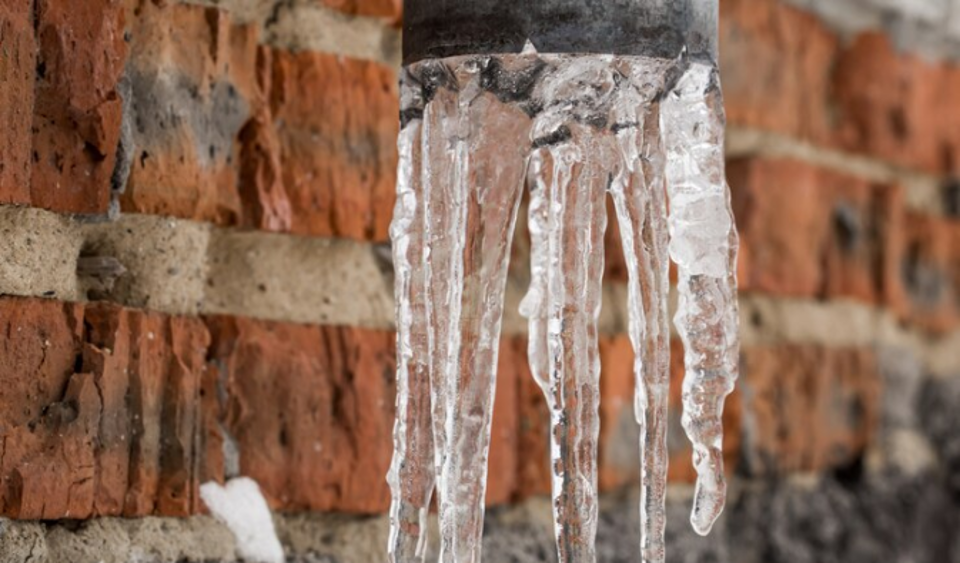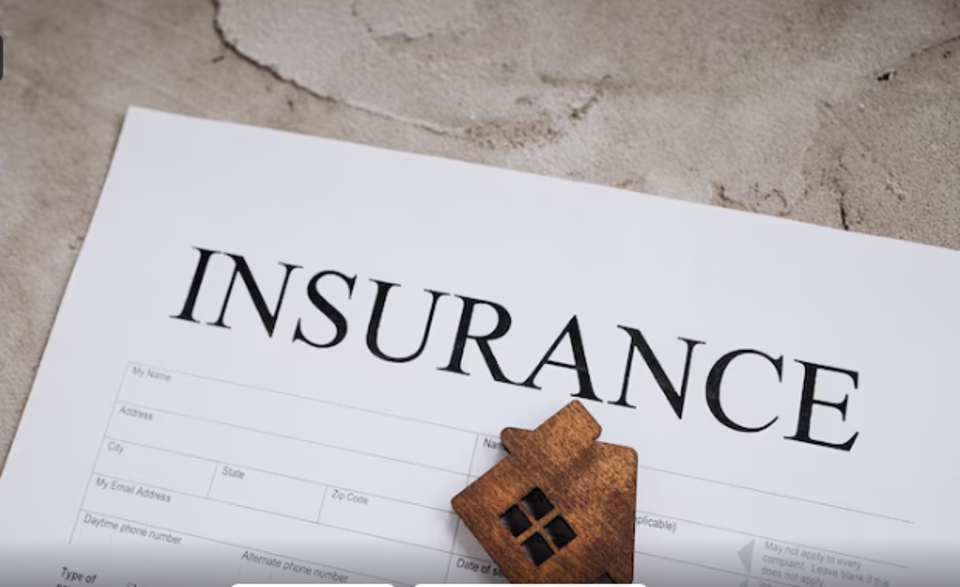Shop for Home Insurance in Texas
Understand Texas Home Insurance Basics
Before shopping for a policy, it's important to know what standard homeowners insurance in Texas covers. Most policies include protection for the structure of your home, personal belongings, liability, and additional living expenses if you're displaced. However, common risks in Texas, such as flooding and windstorm damage along the coast, often require additional policies.
Compare Multiple Insurance Providers
Prices and coverage can vary greatly between insurers, so it's critical to obtain quotations from several firms. Comparing prices not only helps you get the best deal, but it also guarantees you're getting enough coverage. Independent insurance brokers can be a great resource because they work with multiple insurers and can help you find products that meet your needs.
Look for Discounts and Bundling Options
Many insurers in Texas offer discounts if you take steps to lower your risk. Installing storm shutters, reinforcing your roof, or adding a security system can reduce premiums. You may also save money by bundling your home insurance with auto or other policies. Always ask about available discounts when shopping for coverage.
Check Coverage Limits and Exclusions
Not all home insurance policies are created equal. Make sure to review coverage limits and exclusions carefully. For example, flood damage is not included in standard homeowners' insurance and requires a separate policy. Understanding what's excluded ensures you're not left vulnerable during a disaster.
Evaluate the Insurance Company's Reputation
Financial stability and customer service matter just as much as cost. Research each insurer's claims process, customer reviews, and financial ratings. Choosing a reliable company helps ensure smooth claims handling when you need it most.
Conclusion
Shopping for home insurance in Texas can feel overwhelming, but with the right approach, you can find coverage that protects your home and fits your budget. By comparing providers, exploring discounts, checking exclusions, and working with trusted insurers, you'll be better prepared to safeguard your property against Texas-specific risks.






